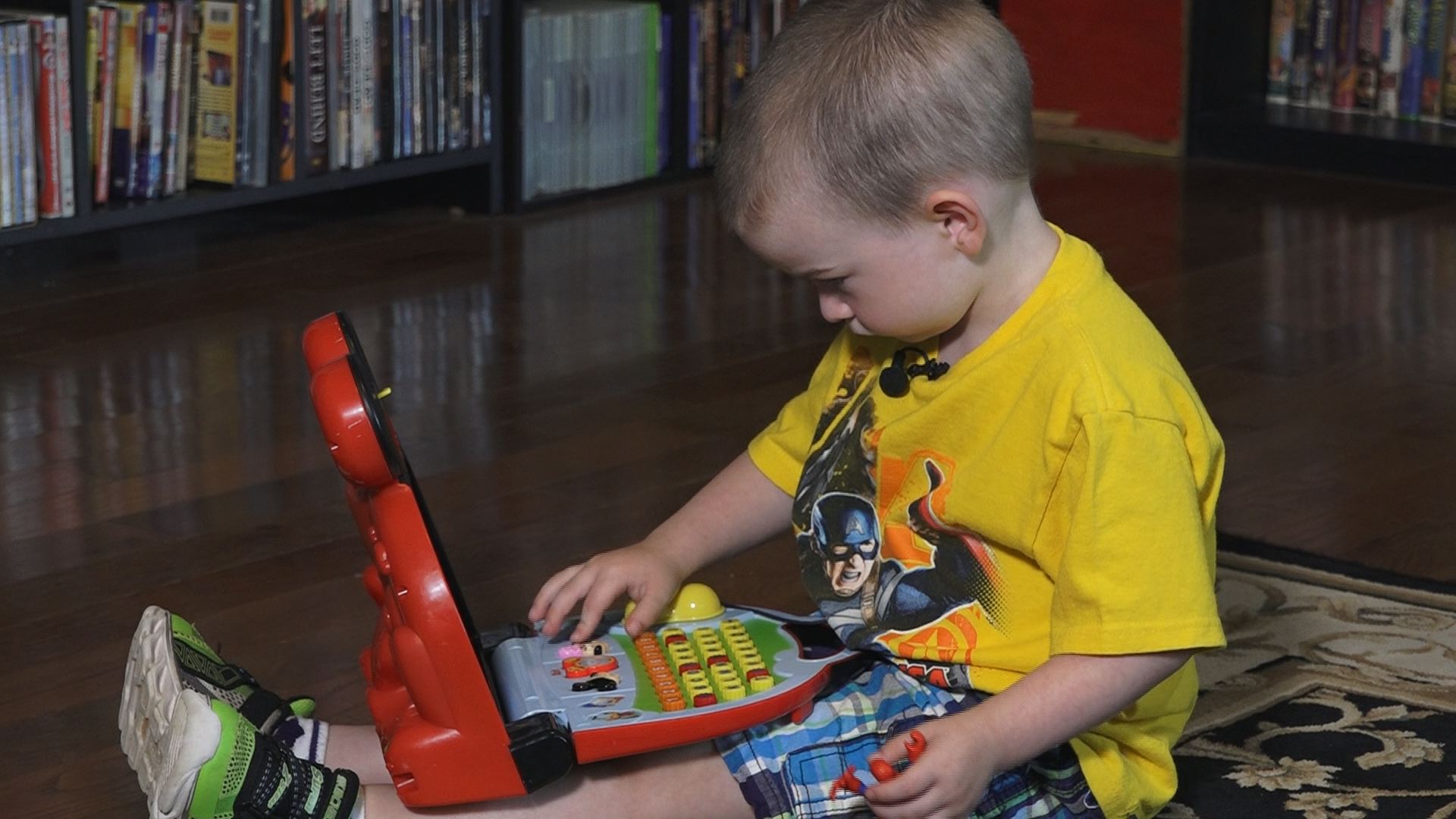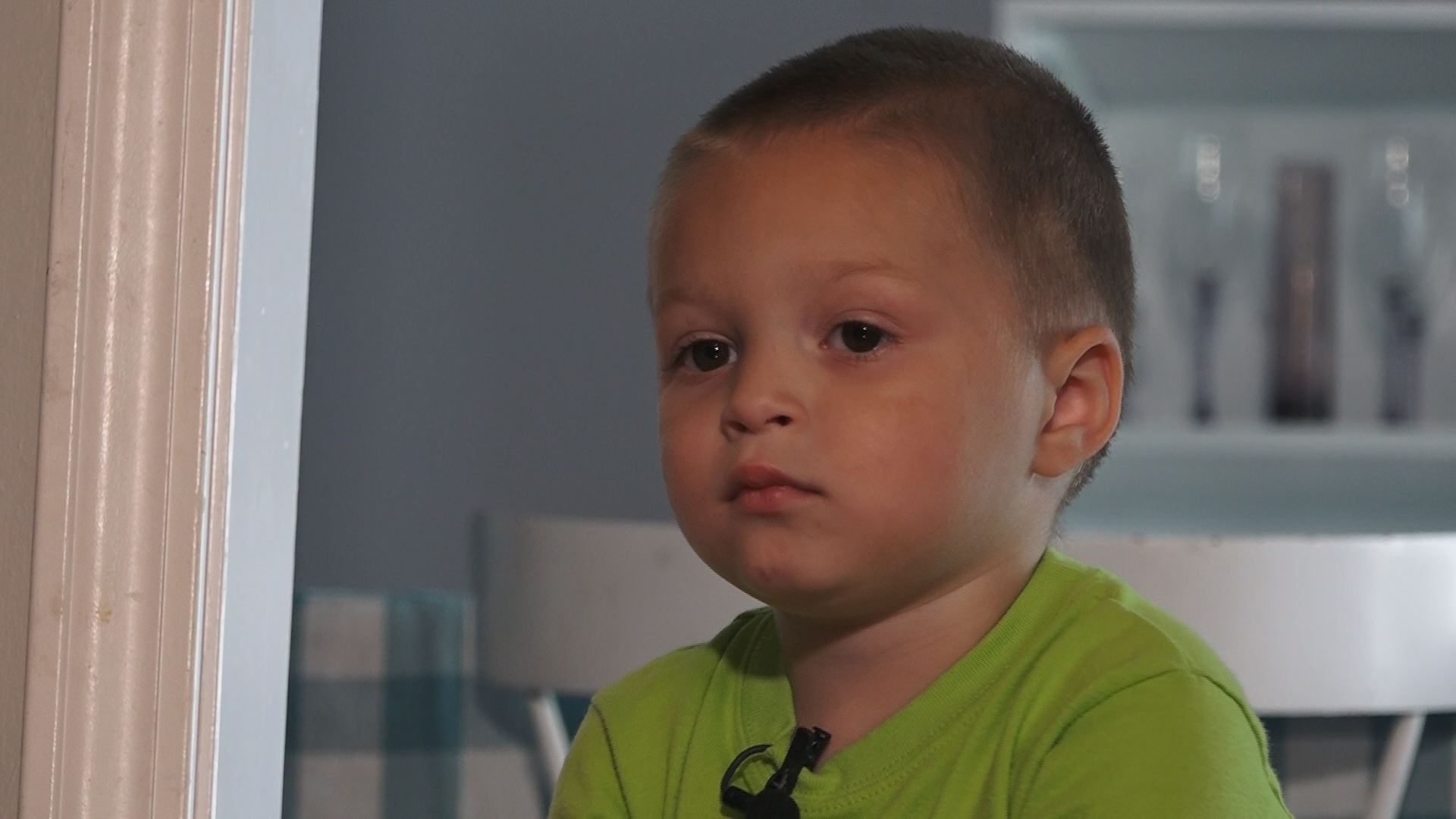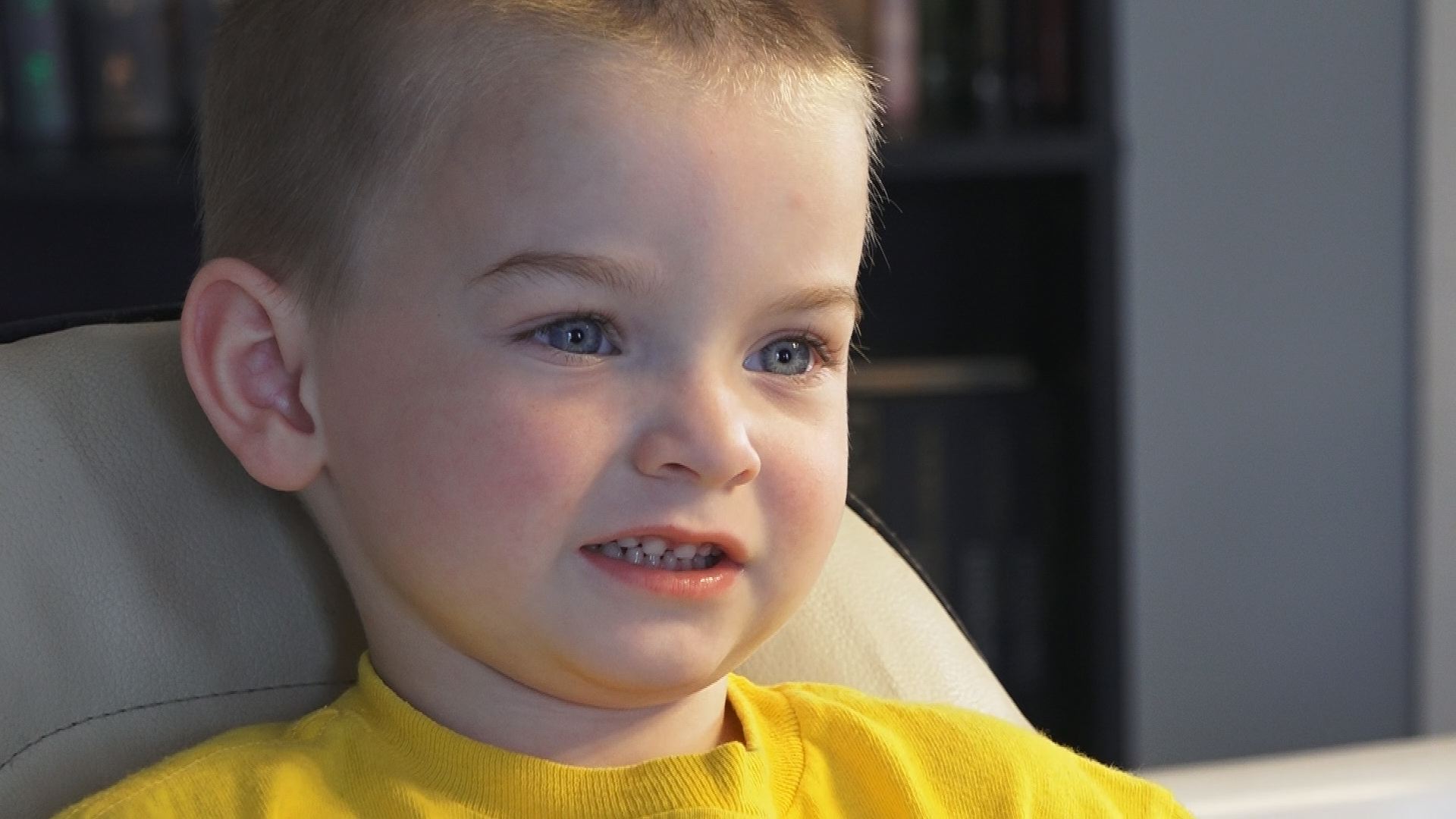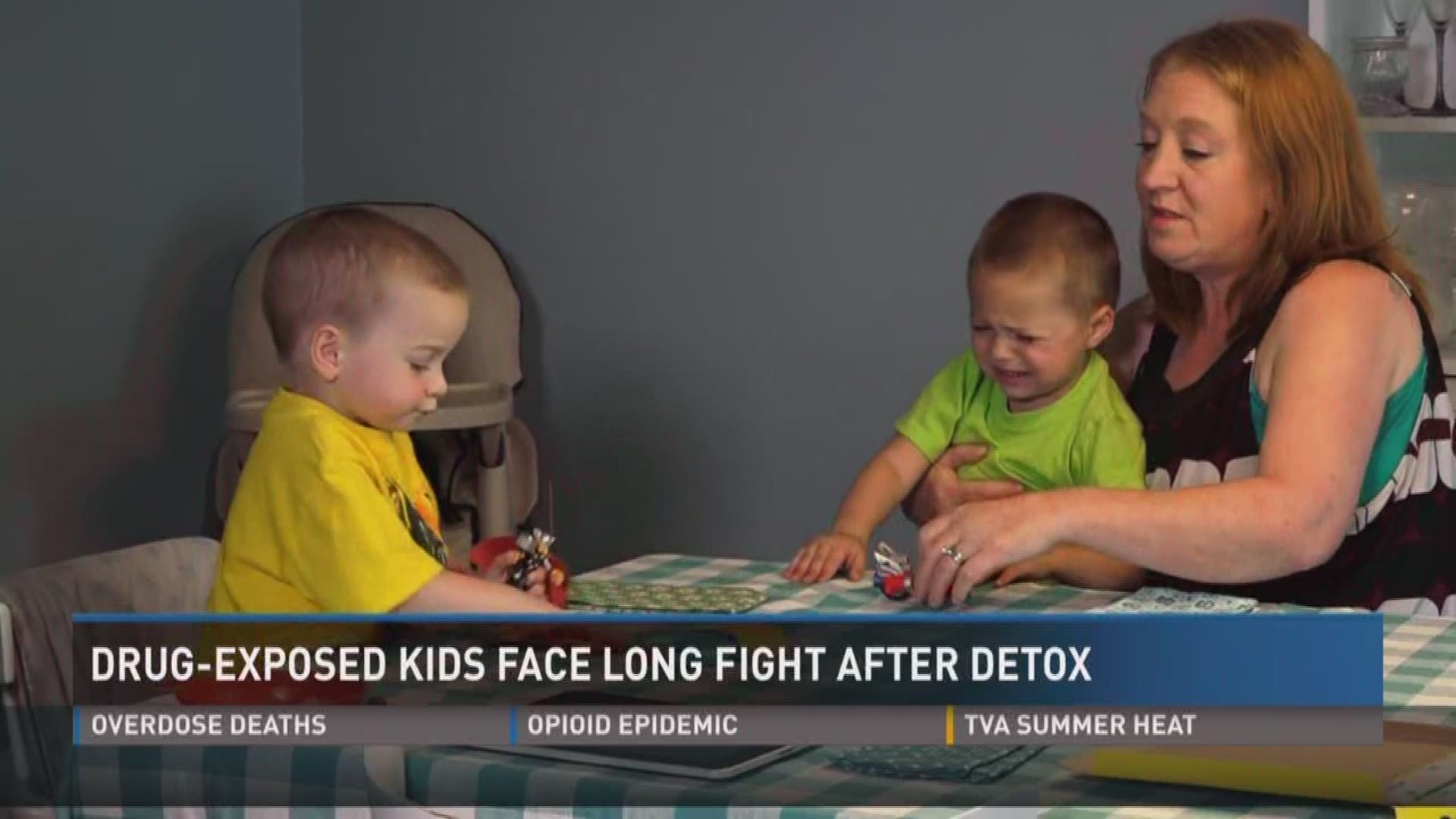If you know anything about the opioid epidemic, you know what happens to babies with mothers who abused drugs during pregnancy.
The piercing cries and struggles of the hundreds of babies detoxing from the opioids are often shown through news stories, ads and billboards. Those children are diagnosed with Neo-natal Abstinence Syndrome or NAS.
But what you often don't hear about is what happens after they leave the hospital.
"These kids don't just withdraw from drugs and then are fine at home. When these kids go home, they have long term problems related to drug abuse," said Dr. Nadine Trainer, pediatrician and physiatrist at East Tennessee Children's Hospital.

More than half of the patients she sees are diagnosed with NAS or drug exposure and many of their symptoms are the same.
First and perhaps most detrimental, Trainer says, is that many children with NAS are not sleeping.
RESOURCES: Seeking help about opioids?
"These kids are up, very often, 24 hours a day. They don't nap, they don't sleep," she said, "If you are a parent taking care of these children. They cry to me."
Trainer said other common symptoms with NAS children include aggression, impulsivity, mood disorders and behavioral problems.
"People look at me and say, 'A two-year-old, aggressive?' As young as two, yes. Very often when I work with the school systems, daycare, preschool, these kids become so aggressive in these environments with other kids, they get kicked out," she said.
Life After the NICU
Trainer pointed us to the Fromer family to see how NAS affects their 2-year-old, Israel, and 3-year-old, Christopher.
Mary Fromer, 47, and her husband adopted four boys after her biological children grew up to have families of their own. Three of the four have NAS or drug exposure. Their moms abused a combination of opioids, meth, alcohol and marijuana during pregnancy.
"How do we do it? A lot of prayer. And we have a very scheduled, routine day," Fromer said.
Fromer said the lack of sleep is the biggest problem their family faces. The boys can't calm down enough to sleep, often staying up 24 hours at a time. On the day WBIR visited, Isreal and Christopher only had about three hours of sleep each.
"Israel has gone for 24 days in a row with zero sleep at all. My husband and I were taking turns sleeping. I was having friends come over and watch the kids so I could nap," Fromer said, adding she had doctors and therapists making house calls to try to figure it out.

"We've tried medication, prescriptions, melatonin, it just doesn't shut them off," she said.
Trainer said NAS children often meet milestones initially, for example walking and talking at the appropriate age. But then later, the behavior issues prevent them from developing appropriately because they can't pay attention long enough to learn what's needed.
"Christopher was walking unassisted at 9-months-old. He was talking, he was doing things. We thought he had it beat. Then at a year-old everything changed. With Israel, it's always been this way," Fromer said.
Multi-pronged treatment efforts
Both boys share the same diagnosis: NAS, sensory processing disorder, mood disorder, attention deficit hyper activity disorder and aggression. But they manifest those symptoms very differently.
Christopher stopped eating at age 1. He has a feeding tube now to supply him the nutrients to live.
"He was near death when they put the feeding tube in. Now he looks like a healthy 3-year-old," said his feeding and speech therapist, Tracie Barker, who works with him twice a week.
"We're working trying to get him to eat different foods. When I first started seeing him he ate almost nothing," Barker said.
"Certain textures literally turn his stomach and he will throw up."
Israel will eat, but his sensory disorder prevents him from feeling food in his mouth and he often overstuffs his mouth. Barker is also working with him on speech. She said he's far behind where a 2-year-old should be.
"Language-wise we're working on processing. Four months ago he had no words. So we've had a huge breakthrough," Barker said.

Barker said while teaching the boys takes time, she is seeing significant progress.
"For them, if they weren't in a nurturing and loving environment, if they were in an addictive environment or an abusive environment, they would not be where they're at today. This is consistent parenting and consistent therapy," Barker said.
Fromer is very concerned about Israel's repetitive behavior. On WBIR's visit, he rode his toy for the majority of the time, at one point repeatedly ramming into the wall.
His mom said he rides the truck for hours every day.
"I don't mean two or three, he'll do this five or six hours straight," she said, "They do not have autism. We thought they might."
Trainer said the Fromer boys' symptoms are the same as her other NAS patients.
"It's all related to the initial drug exposure," she said, "People ask me all the time, 'Is this ever going to go away?' And I say honestly do not know. I certainly see them continuing from preschool, school age and older. I have not seen adults yet to know what may happen."
Trainer has seen results with combination treatments: therapy, medicine, vitamins and alternative medicine.
"Sometimes kids need medication to even be able to work with a therapist," she said.
For now, the Fromers focus on routine with four days a week of therapy and many specialists.
They also pray mothers find the help they need to get off drugs during pregnancy so no other children have to suffer.

